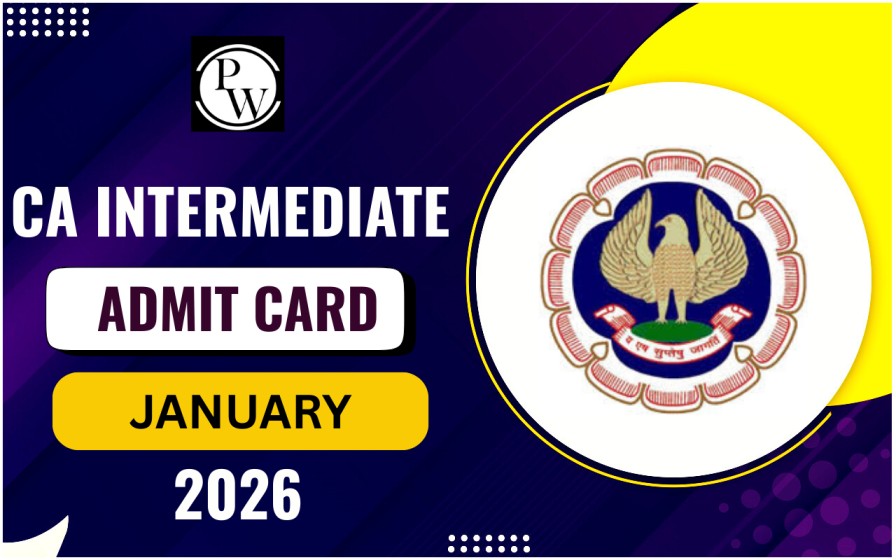
As a CA student, mastering various aspects of law is crucial to your success, particularly Arbitration and Conciliation Laws. These laws play a significant role in resolving disputes without the need for lengthy court procedures. This article will walk you through the essentials, providing you with the knowledge needed to excel in your CA Exams .
What are Arbitration and Conciliation Laws?
Arbitration and Conciliation Laws refer to the legal framework that governs alternative dispute resolution (ADR) methods. Arbitration is a process where disputing parties agree to have their conflict resolved by a neutral third party, known as an arbitrator. Conciliation, on the other hand, involves a conciliator who helps parties reach a mutually acceptable agreement. These methods are often preferred over traditional litigation due to their efficiency and cost-effectiveness.Importance of Arbitration and Conciliation Laws in Business
Arbitration and Conciliation Laws are vital in the business world. They offer a private, flexible, and speedy resolution to disputes, which is crucial for maintaining business relationships. Unlike court proceedings, arbitration and conciliation are confidential, allowing businesses to handle disputes discreetly. This confidentiality can protect a company’s reputation and trade secrets.Features of Arbitration Laws
The following are the features of Arbitration Laws:1. Voluntary Agreement
Arbitration is based on a voluntary agreement between parties. They must mutually decide to resolve their dispute through arbitration, either before a dispute arises (pre-dispute arbitration agreement) or after a dispute has already occurred (post-dispute arbitration agreement).2. Neutral Arbitrator
A neutral third party, or arbitrator, oversees the arbitration process. The arbitrator's decision, known as an award, is binding and enforceable in court, providing a conclusive resolution to the dispute.3. Flexibility in Procedure
Arbitration allows parties to choose the procedural rules and laws that will govern their arbitration process. This flexibility ensures that the process is tailored to the specific needs of the parties involved.Also Read: Auditing Standards and Practices
Features of Conciliation Laws
The following are some key features of Conciliation Laws:1. Non-Binding Process
Unlike arbitration, the outcome of conciliation is not binding unless both parties agree to the settlement. This non-binding nature encourages open communication and cooperation between parties.2. Facilitative Role of the Conciliator
The conciliator's role is to facilitate dialogue between parties and help them reach a mutually acceptable agreement. The conciliator does not impose a decision but guides the parties towards a consensus.3. Confidentiality
Conciliation proceedings are confidential, ensuring that any information disclosed during the process cannot be used in subsequent legal proceedings. This confidentiality promotes honest and open discussions.Arbitration and Conciliation Act, 1996
The Arbitration and Conciliation Act, 1996 is the primary legislation governing arbitration and conciliation in India. It is based on the UNCITRAL Model Law on International Commercial Arbitration, ensuring that Indian laws are in line with international standards.Objectives of the Act
- To provide a comprehensive framework for arbitration and conciliation.
- To ensure the enforcement of arbitration agreements and awards.
- To promote ADR methods as a means of resolving disputes efficiently.
Structure of the Act
The Act is divided into several parts:- Part I deals with domestic arbitration.
- Part II deals with enforcement of foreign arbitral awards.
- Part III deals with conciliation.
- Part IV contains supplementary provisions.
Benefits of Arbitration and Conciliation for CA Students
Understanding Arbitration and Conciliation Laws is essential for CA students for several reasons:1. Practical Application
Knowledge of these laws is crucial for advising clients on dispute resolution strategies, drafting arbitration agreements, and representing clients in arbitration proceedings.2. Career Opportunities
Expertise in arbitration and conciliation can open up career opportunities in corporate law, dispute resolution, and legal consultancy.3. Exam Preparation
A thorough understanding of these laws will help you excel in your CA exams, particularly in subjects related to law and ethics. To excel in your understanding of Arbitration and Conciliation Laws, it is important to have the right guidance and resources. PW CA Coaching offers comprehensive coaching and study materials tailored for CA students. Their experienced faculty and structured study plans will help you grasp complex concepts and prepare effectively for your exams.| Also Check | |
| Auditors Responsibilities and Liabilities | Internal Audit Function Effectiveness |
| Types of Audit | Performance Audit |
| Cost Concept In Accounting and Economics | Audit Sampling Techniques |
Arbitration and Conciliation Laws FAQs
What is arbitration?
Arbitration is a method of resolving disputes where parties agree to submit their conflict to a neutral third party, the arbitrator, whose decision is binding.
What is conciliation?
Conciliation is a non-binding dispute resolution process where a conciliator helps parties reach a mutually acceptable agreement.
How does the Arbitration and Conciliation Act, 1996 support ADR?
The Act provides a legal framework for arbitration and conciliation, ensuring the enforcement of agreements and awards, and promoting ADR methods.
Why are arbitration and conciliation preferred over litigation?
Arbitration and conciliation are preferred for their confidentiality, speed, cost-effectiveness, and flexibility compared to traditional litigation.
🔥 Trending Blogs
Talk to a counsellorHave doubts? Our support team will be happy to assist you!

Free Learning Resources
PW Books
Notes (Class 10-12)
PW Study Materials
Notes (Class 6-9)
Ncert Solutions
Govt Exams
Class 6th to 12th Online Courses
Govt Job Exams Courses
UPSC Coaching
Defence Exam Coaching
Gate Exam Coaching
Other Exams
Know about Physics Wallah
Physics Wallah is an Indian edtech platform that provides accessible & comprehensive learning experiences to students from Class 6th to postgraduate level. We also provide extensive NCERT solutions, sample paper, NEET, JEE Mains, BITSAT previous year papers & more such resources to students. Physics Wallah also caters to over 3.5 million registered students and over 78 lakh+ Youtube subscribers with 4.8 rating on its app.
We Stand Out because
We provide students with intensive courses with India’s qualified & experienced faculties & mentors. PW strives to make the learning experience comprehensive and accessible for students of all sections of society. We believe in empowering every single student who couldn't dream of a good career in engineering and medical field earlier.
Our Key Focus Areas
Physics Wallah's main focus is to make the learning experience as economical as possible for all students. With our affordable courses like Lakshya, Udaan and Arjuna and many others, we have been able to provide a platform for lakhs of aspirants. From providing Chemistry, Maths, Physics formula to giving e-books of eminent authors like RD Sharma, RS Aggarwal and Lakhmir Singh, PW focuses on every single student's need for preparation.
What Makes Us Different
Physics Wallah strives to develop a comprehensive pedagogical structure for students, where they get a state-of-the-art learning experience with study material and resources. Apart from catering students preparing for JEE Mains and NEET, PW also provides study material for each state board like Uttar Pradesh, Bihar, and others
Copyright © 2026 Physicswallah Limited All rights reserved.









